Petrochemicals Ecofriendly Bioplastic 04-09-2021 - Arhive
Petrochemicals Ecofriendly Bioplastic
-Disco Road facility demonstrates the benefits of anaerobic digestion
Anaerobic digestion (AD), the process by which bacteria breaks down organic matter without oxygen, and which is currently used worldwide to manage food waste, wastewater biosolids and animal manure, is also increasingly being recognized as a solution to help address the climate crisis. In a growing number of locations around the world, anaerobic digestion facilities divert food waste from landfills; lower greenhouse gas (GHG) emissions, such as methane; and produce both green energy and valuable soil amendments.
According to the USDA, between 30 and 40 percent of the U.S. food supply is lost as food waste, with almost 31 percent of all food waste being produced at the retail and consumer levels. In 2010, this amounted to approximately 133 billion pounds and $161 billion worth of food. Most of it ended up in landfills. With food waste in landfills being one of the largest contributors to methane emissions in the U.S., companies and government officials alike continue to search for methods to improve its diversion.
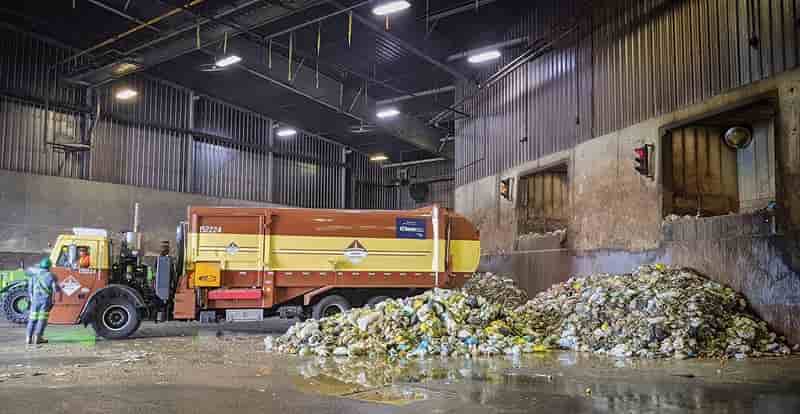
-ITA Group becomes ITA Group International Centre for Sustainable Textiles
Goal is the holistic biotransformation of textile technology and thus the use of biological principles for cycle-oriented value creation processes
The current assessment report of the Intergovernmental Panel on Climate Change (IPCC) has highlighted the urgency by which we must transform value creation processes in order to secure the future of the earth as a healthy biosphere. Approximately 8 – 10% (about 4 to 5 billion tonnes) of global CO2 emissions are generated during the production of textiles. The textile industry is responsible for about 92 million tons of textile waste per year, most of which is landfilled or incinerated. Less than 1% of the 100 billion textiles manufactured annually worldwide are recycled and regenerated into high-quality products. Thus, the textile industry is still far away from a circular economy. Technologies for recycling and reprocessing for textile products, which are characterised by a complex mix of materials, are scarce. The logistics for collecting, sorting and separating textile waste leave many questions unanswered. Petrochemicals Ecofriendly Bioplastic
Textile-based lightweight construction is a basis for a resource-efficient transport sector. But how do we recycle the expensive and complex material mixes, once cars, planes and other vehicles have reached the end of their service life? Incineration is not a solution for the future!
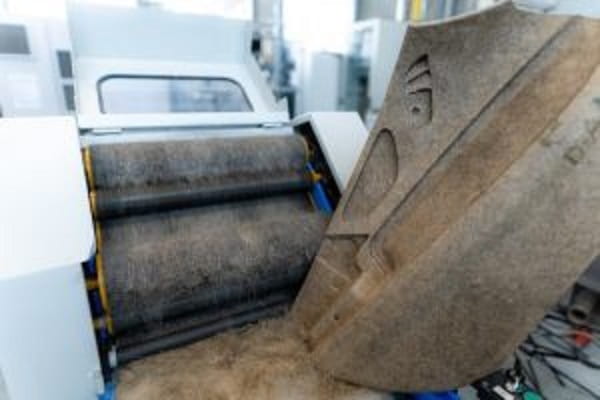
-Swedish recycling facility to double in capacity
A world-leading plastics recycling facility in Sweden is to double in capacity as part of a planned SEK 1 billion ($116 million) investment.
Site Zero, located in Motala, will be able to recycle 12 types of plastics packaging once the upgrade is completed in 2023, according to its operator Swedish Plastic Recycling (SPR). Petrochemicals Ecofriendly Bioplastic
Described by SPR as already the most efficient plastics recycling facility in Europe, it can currently process four types of plastics.
Doubling its capacity to handle 200,000 tonnes of plastics packaging per year will create the conditions needed for receiving and eventually recycling all types plastics packaging from Swedish households, said SPR chief executive Mattias Philipsson.
Currently, any small parts of plastics that remain after the sorting process are separated to be sent to chemical recycling, or to become new composite products. No packaging is incinerated.
“There is today no other facility in the world that has that capability,” Philipsson said. “We are also preparing for washing and granulation of the plastics in phase two, which is planned for 2025. Then, our entire plastics flow in Sweden can become circular.”
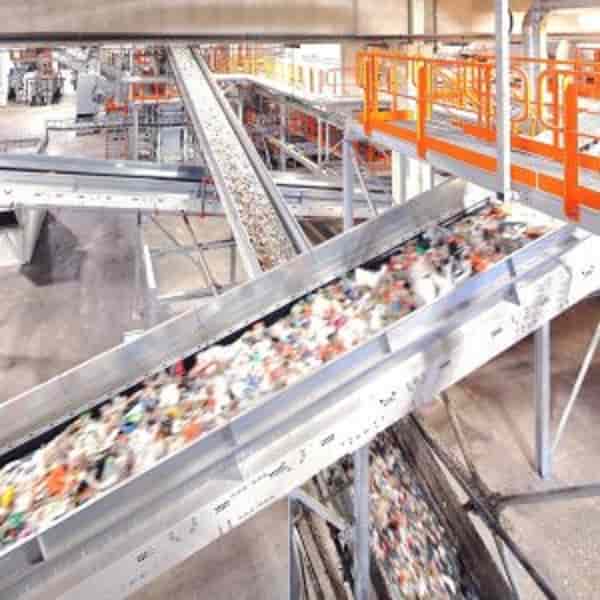
-SABIC inks $6bn China petrochemical deal
Aramco’s chemical arm, SABIC, has signed a joint venture contract with China’s Fujian Petrochemical Industrial Group (FJPEC) to build a mega petrochemical complex in China, the Xinhua News Agency reported.
The complex will be built at the Gulei Industrial Park in Zhangzhou city, east of China’s Fujian Province, at a total investment of 40 billion yuan ($6.18 billion).
It will consist of a mixed feed steam cracker that holds an annual ethylene capacity of 1.5 million tons, as well as a series of downstream facilities including a mono ethylene glycol (MEG) unit, two polyethylene (PE) units, two polypropylene (PP) units, one polycarbonate (PC) unit and several by-product units.
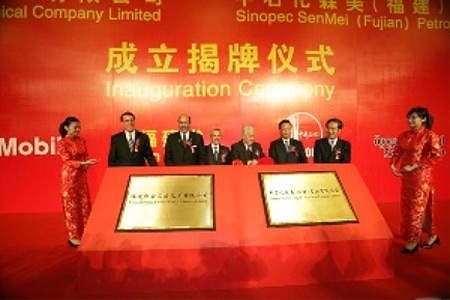
-Just out: new report on bio-based chemicals, polymers and materials
Developing bio-based chemicals, polymers and products in a sustainable manner allows for substantial new business opportunities
The “The Global Market for Bio-based Chemicals, Polymers and Materials” report has been added to ResearchAndMarkets.com‘s offering
Building new value chains through the utilisation of biobased and biomass components for the development of innovative products will accelerate the transition from traditional production technologies to the concept of biorefineries. Developing bio-based chemicals, polymers and products in a sustainable manner allows for substantial new business opportunities. Petrochemicals Ecofriendly Bioplastic
Bio-based chemicals are obtained through biological, chemical or physical transformation of plant or animal based feedstocks, which include sugar, starch, oils and fats, and lignocellulose from forestry, agricultural crops and organic waste.
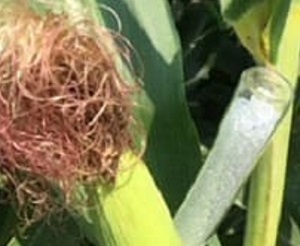
-Chemical Recycling Poised to Take Off
Investments in chemical-recycling facilities abound as the industry moves closer to the Circular Economy model, accompanied by plenty of new rollouts of packaging made from chemical recycling. Petrochemicals Ecofriendly Bioplastic
The spotlight is shining brightly on chemical recycling. Over the last couple of years there were dribs and drabs of news about pilot projects and consortiums being set up, but of late the focus has shifted to new targets for technology scale-up as well as real-world examples of new products rapidly being commercialized (see Table 1).
A prominent example is Magnum Ice Cream Tubs. In 2019, 600,000 of these tubs were made from chemically recycled PP supplied by SABIC. That grew to more than 7 million in 2020 across Europe. In 2021, this recycled packaging is being rolled out globally.
Recent years have seen prototypes tested and other commercial products brought onto the market. With the greatest number of commercial product examples, SABIC and Eastman have forged partnerships across the value chain to boost the use of chemically recycled plastics in the fast-moving consumer-products sector.
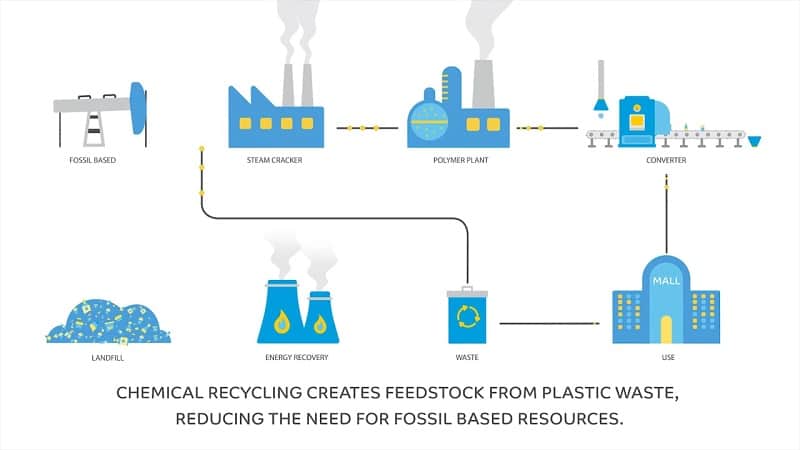
-LG Chem invests 2.6 trillion Korean won in 10 plants for eco-friendly materials
PBAT and POE for solar film, at its Daesan Complex in Chungnam Province.
Starting with the construction of PBAT (polybutylene adipate-co-terephthalate) and POE polyolefin elastomer) plants this year, LG Chem plans to develop the Daesan Complex as a mecca for ESG-based businesses, from bio-based raw material production to eco-friendly materials, waste plastic recycling, and greenhouse gas reduction by 2028. Petrochemicals Ecofriendly Bioplastic
Starting construction within this year, the PBAT plant will be built with an annual capacity of 50,000 tons and the POE plant with an annual capacity of 100,000 tons.
Both plants aim for commercial production in 2024. The resulting increase in sales is expected to exceed 470 billion Korean won per year.
According to the industry, PBAT and POE are expected to continue to grow at an average annual rate of 30% until 2025 due to increase in demand for perishable plastics and the expansion of new and renewable energy following the ESG trend.
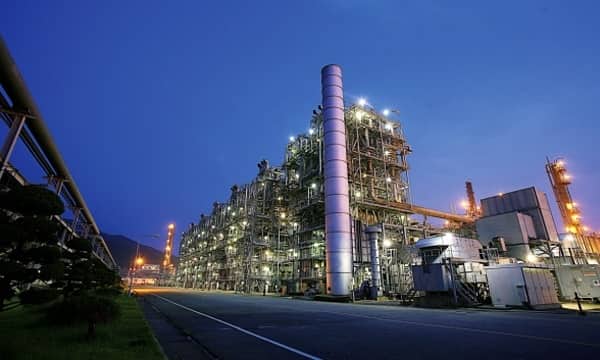
-A startup, Sabic and IBM all push chemical recycling
Three different chemistry-based processes for recovering plastics have recently grabbed attention, illustrating the wide range of stakeholders working to find solutions beyond mechanical recycling.
Global resin manufacturing giant Sabic has rolled out a line of polybutylene terephthalate (PBT) compounded resins made from depolymerized PET. The resin product, called LNP Elcrin iQ, is being marketed as a drop-in replacement for virgin PBT. Petrochemicals Ecofriendly Bioplastic
“This technology overcomes some of the limitations of mechanical recycling by using chemical processes to depolymerize PET bottles and other PET waste into their precursor chemicals, purify them and then use them to create new PBT resin,” Sabic noted in a release.
Sabic, based in Saudi Arabia, stated a life-cycle assessment determined use of the LNP product over a virgin resin reduces overall energy usage by 61 percent.
While the Saudi behemoth works to put its new resin into the marketplace, another chemical recycling development is taking place on a significantly smaller scale.
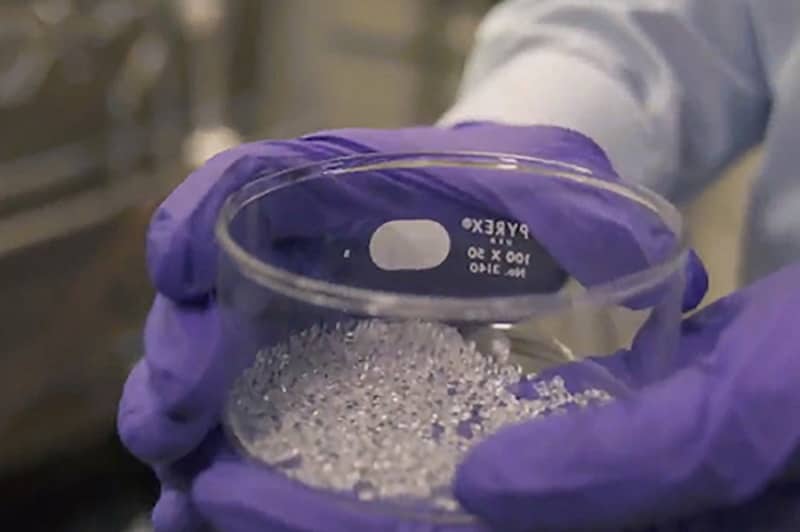
-Repsol selects LyondellBasell spherizone technology for Sines PP project
The 300 kiloton (KTA) Spherizone plant will be built in Repsol’s existing industrial complex in Sines, Portugal
LyondellBasell announced that Repsol has selected LyondellBasell’s leading polypropylene (PP) technology for the expansion of their existing facility. The 300 kiloton (KTA) Spherizone plant will be built in Repsol’s existing industrial complex in Sines, Portugal. Petrochemicals Ecofriendly Bioplastic
“Being able to produce added-value polymer grades on a benchmark cost basis is of increasing importance to our licensees, and our Spherizone technology is widely recognized as meeting those industry needs.” said Neil Nadalin, Director of Licensing at LyondellBasell. Nadalin added, “We are very excited to announce that Repsol has again chosen LyondellBasell as licensor for their polypropylene expansion in Europe. Repsol’s choice of the Spherizone process for their Sines integrated petrochemicals site shows confidence in the technology to make superior polypropylene products serving a demanding and evolving polymer market.”
According to José Luis Bernal, Repsol Química Executive Director, “With this new PP plant in our Sines industrial complex, we will significantly increase our polypropylene production capacity for highly differentiated applications. Furthermore, thanks to its privileged location and new logistics facilities, its connection with the European market will be enhanced while reducing the carbon footprint during distribution.” The Spherizone multi-zone circulating reactor (MZCR) provides a unique and innovative platform to manufacture polypropylene products with novel architecture and enhanced product properties. With this plant, more than 25 Spherizone plants have been licensed worldwide.
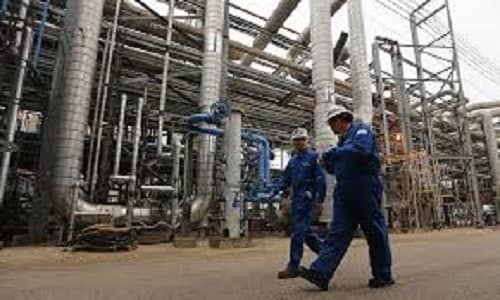
-Sustainable rPET cups for school milk
Recycled PET in a closed recycling loop
School milk in Upper Austria is now packaged in 100% sustainable cups made of recycled PET (r-PET). The joint project of Austrian school milk producers and the three Upper Austrian companies Pet-Man, Starlinger viscotec, and Greiner Packaging is revolutionizing the food packaging market and proves that a sustainable circular economy is possible. Petrochemicals Ecofriendly Bioplastic
When the bell announces the break, children in Upper Austria look forward to enjoying their school milk. Every day, around 36,000 children in Upper Austria are supplied with fresh school milk products such as fruit milk, drinking yogurts, or school milk cocoa. “To carry through the original idea of the regional and sustainable product to the packaging, we thought about how to make it so that the cups are 100% recyclable and reusable,” explains Markus Neudorfer, Managing partner of the sheet manufacturer Pet-Man. The solution is a white cup made from 100% r-PET.
r-PET – the sustainable plastic
The benefits of this material are obvious – it is lightweight, unbreakable, and plasticizer-free, making it ideal for school kids. However, r-PET (recycled polyethylene terephthalate) is far more than conventional plastics. “The new r-PET cups consist of 100% recycled, unprinted r-PET mono-material and can be recycled over and over again into 100% food-grade cups,” says Alisa Schröer, responsible for Circular Economy projects at Greiner Packaging.
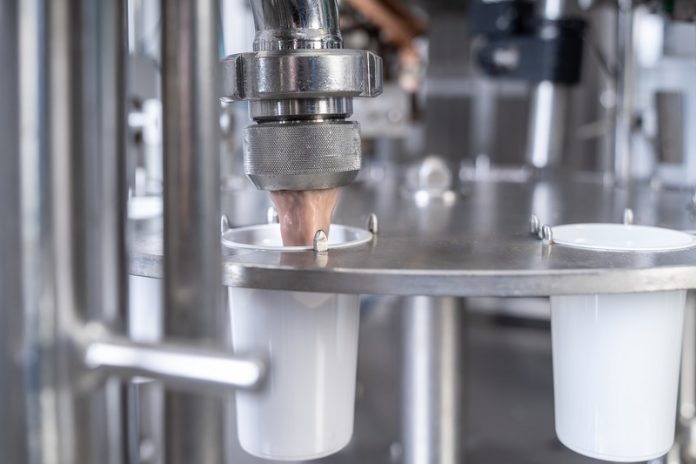
Petrochemicals Ecofriendly Bioplastic
